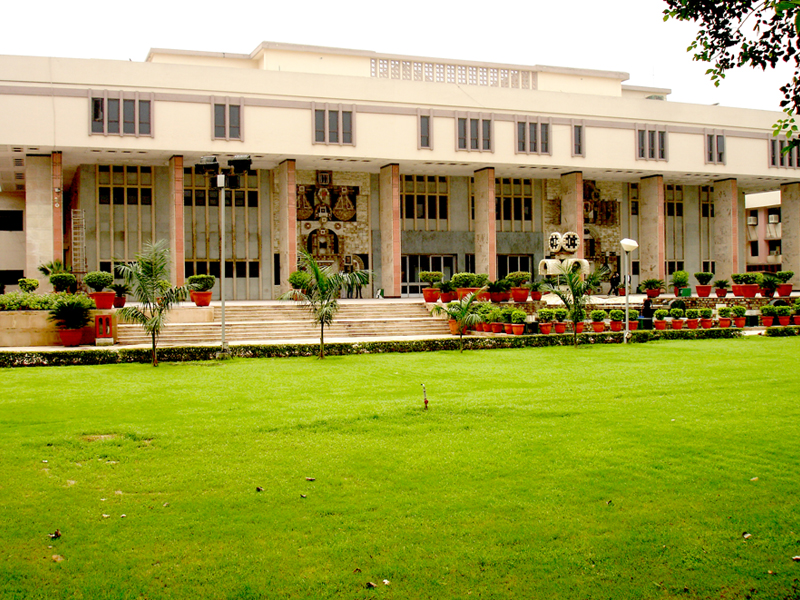The Delhi High Court stated that tough choices made by an employer, without any intention to cause harm, do not count as encouraging suicide.

The Delhi High Court stated that strict actions by the employer, without intent to cause harm, do not lead to charges of aiding suicide. The Court was reviewing requests to cancel a Metropolitan Magistrate’s order that summoned the accused in a case under Section 306 of the Indian Penal Code (IPC).
A Single Bench of Justice Amit Sharma held, “This Court is of the considered opinion that person holding a certain post, whether in private sector or public sector, in the course of duties have to take certain decisions which at time can be harsh causing hardship to an employee. The same cannot, in the absence of the requisite mens rea, be termed as an action which would amount to incitement/abetment in terms of Section 306 of the IPC.”
Richa Kapoor was the lawyer for the petitioners, and Amit Ahlawat was the lawyer for the respondents.
A call was made to the Police about a woman who set herself on fire. The hospital verified that the patient had self-inflicted burn injuries. Following this, a First Information Report (FIR) was filed under Section 309 of the Indian Penal Code. During the investigation, a suicide note was found, addressed to the Commissioner of Police in Delhi and Sonia Gandhi, the Chairperson of the Delhi Pradesh Congress. The note stated that the woman’s act of self-immolation was due to mental and physical abuse from a College Principal and a Senior Assistant in the Principal’s Office. The Sub-Divisional Magistrate (SDM) took separate statements from the survivor, in which she explained her complaints to different authorities. She claimed that the harassment from the petitioners led her to attempt suicide by self-immolation. The Metropolitan Magistrate (MM), after reviewing the closure report and the protest petition, decided to summon the petitioners, noting that there was enough evidence to do so. As a result, the petitioners went to the High Court.
The High Court in the above regard, observed, “There cannot be an absolute rule and each case will depend on its facts and circumstance. At this stage, it will be apposite to refer to the judgment of the Hon’ble Supreme Court in Madan Mohan Singh vs. State of Gujarat and another (2010) 8 SCC 628. In the said judgment, the Hon’ble Supreme Court was dealing with a case seeking quashing of FIR under Sections 306 and 294(b) of the IPC, wherein the deceased was the employee of the appellant therein. In the said case the deceased had left a suicide note wherein, the deceased stated that his life had been ruined by the appellant’s style of functioning.”
The Court also pointed out that all the complaints made by the deceased were resolved after proper investigation, and these complaints were handled by various official bodies that were not directly managed by the State.
“The grievance of the deceased in the suicide note was in fact just not against the present petitioners but also against other persons mentioned therein. The said note even blamed the Hon’ble Chief Minister, Delhi as well as Vice Chancellor of Delhi University”, it said.
The Court noted that the Enquiry Committee set up by the National Commission for Women and the Shri B.L. Garg Commission has already looked into the attempted suicide case, in addition to the chargesheet that cleared the petitioners of any wrongdoing.
Cause Title- Dr. G K Arora v. State & Anr. (Neutral Citation: 2024:DHC:8394)
Appearance:
Petitioners: Advocates Richa Kapoor, Kunal Anand, Jai Batra, Saloni Mahajan, Sandesh Kumar, Sakshi, and Atika Singh.
Respondents: APP Amit Ahlawat and Advocate Stuti Gupta.









